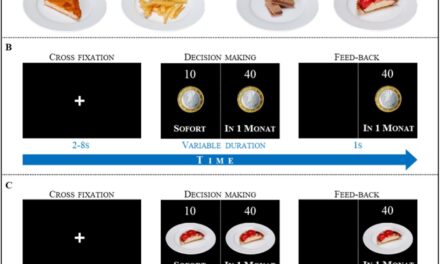New Delhi, February 18 – Health experts have raised concerns over the rising incidence of alcohol-related cancers in India, even as the World Health Organization (WHO) recently called for the inclusion of prominent health warning labels on alcoholic beverages.
The WHO defines alcohol as a toxic, psychoactive, and dependence-producing substance. Decades ago, the International Agency for Research on Cancer classified alcohol as a Group 1 carcinogen, the highest risk category that also includes asbestos, radiation, and tobacco.
“Alcohol consumption increases the risk of cancer, and more than 20 types of cancers can be attributed to consumption of alcohol,” said Dr. (Prof) Puneet Garg, Vascular Interventional Radiologist and Endovascular Surgeon, Safdarjung Hospital, New Delhi.
Alcohol and Cancer Risk
The most common cancers linked to alcohol consumption include those of the mouth, throat, esophagus, stomach, colon, rectum, and pancreas. In addition, alcohol is a known risk factor for breast cancer in women and prostate cancer in men.
“In India, alcohol-related cancers are a growing concern. Alcohol metabolizes into acetaldehyde, a toxic compound that can damage DNA and proteins, leading to mutations that initiate cancer development,” said Dr. Taraprasad Tripathy, Assistant Professor at the All India Institute of Medical Sciences (AIIMS) Bhubaneswar.
Furthermore, alcohol consumption can impair the body’s ability to absorb essential nutrients, such as folate and vitamins A, C, D, and E, which are crucial for maintaining healthy cells and preventing cancer.
The Global Burden of Alcohol-Related Cancers
According to the WHO, nearly 4% of cancer diagnoses worldwide are linked to alcohol consumption. A study published in The Lancet estimates that alcohol consumption was responsible for approximately 62,100 new cancer cases in India in 2020.
In light of these alarming figures, U.S. Surgeon General Vivek Murthy recently recommended including cancer warnings on alcoholic beverages. Experts believe such warnings could help consumers make informed choices and raise awareness about alcohol-attributable health risks.
Early Detection and Prevention
Experts emphasize that chronic alcohol consumption not only increases cancer risk but also weakens the immune system, reducing its ability to identify and eliminate cancerous cells. Dr. Tripathy pointed out that different alcohol-related cancers present distinct early warning signs:
- Oral and pharyngeal cancer: Persistent mouth sores, unexplained bleeding, difficulty swallowing, or a sore throat that does not heal.
- Esophageal cancer: Difficulty swallowing, chest discomfort, unintended weight loss, chronic cough, or hoarseness.
- Liver cancer: Abdominal swelling, jaundice, loss of appetite, and fatigue.
- Breast cancer: A lump in the breast or underarm, changes in breast shape or size, dimpling of the skin, or nipple discharge.
Early detection is critical for improving treatment outcomes. “If detected early, many of these cancers can be treated successfully. However, if the disease is diagnosed at an advanced stage, it can spread to other organs, making treatment more difficult,” Dr. Garg explained.
Call for Public Awareness and Policy Changes
To combat alcohol-related cancers, experts recommend routine screenings for high-risk individuals, along with increased public awareness campaigns. They also advocate for stronger regulations on alcohol consumption and health warning labels on alcoholic beverages.
“Reducing alcohol consumption is a proactive measure to lower the risk of developing these cancers. The WHO emphasizes that no amount of alcohol consumption is safe, as even moderate intake increases cancer risk,” Dr. Tripathy added.
Disclaimer
This article is for informational purposes only and is not a substitute for professional medical advice. Readers are encouraged to consult healthcare professionals for any health-related concerns.












